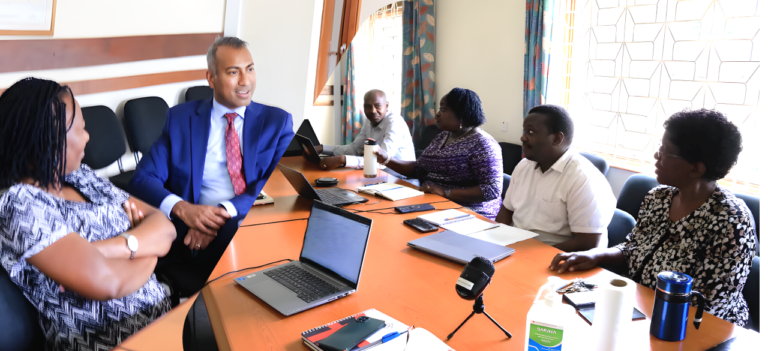A Review of a Scientific Paper by; Stephen Mugamba, 6th Feb, 2019
A peer reviewed scientific article published yesterday February 5th 2019 in PLOS ONE Journal examined viraemia (the presence of viruses in the blood) and virologic failure (a situation when antiretroviral therapy fails to suppress a person’s viral load).
This analysis evaluated the commonness of antiretroviral failure to suppress the HIV virus and the factors associated with it using data from the African Cohort Study (AFRICOS). AFRICOS is a long follow up cohort study in three East African countries of Kenya, Tanzania and Uganda, and Nigeria in, West Africa.
The main finding from this analysis was a demonstration that people living with HIV who are on ART commonly experience viraemia (the presence of viruses in the blood), and that such individuals who are currently on second line therapy, have missed any day of ART and have had a history of fever in the past one week commonly experience virologic failure (a situation when antiretroviral therapy fails to suppress a person’s viral load). The HIV clinic one is attending also seems to determine whether they experiences virologic failure or not. The association between virologic failure and either being on second line or the ART site one initiates ART seemed to be independent of adherence, implying that other reasons for this association should be sought.
Another interesting finding (although not one of the objectives of the analysis) was the finding that a significant number of participants on ART who have persistent viraemia will not meet WHO’s definition of virologic failure for the low and middle income countries. This finding suggests that the threshold for virologic failure for the low and middle income countries may need to be revised downwards from the current Viral load of >1000 copies/uL as set by the WHO’s public health approach.
Other findings from this article can be accessed on: https://doi.org/10.1371/journal.pone.0211344


